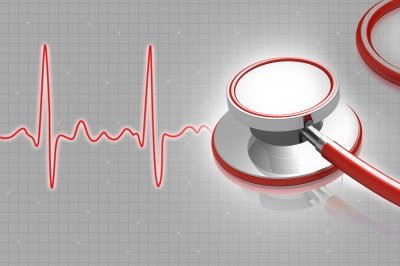Recent advances in stem cell research have allowed scientists to develop heart cells by genetically reprogramming other adult cells.
Genetically engineered heart cells have been used to model and study 20 rare genetic cardiac diseases and open the door to stem cell treatment for heart disease.
Scientists have made great progress in the search for stem cell-based treatments for heart diseases.
As transplantation is currently the only option, treatments that essentially fix the damaged part of the heart are a very exciting possibility.
Scientists have been successful in generating iPSCCM derived from the healthy cells of patients with various rare cardiovascular diseases.
They are able to use these patient-derived iPSCCMs as models to study these diseases, gaining insight into what is happening in the diseased cells which may ultimately lead to better treatment methods.
One study utilized iPSC technology to derive cardiomyocytes from the cells of two Barth Syndrome patients; a rare genetic cardiac disorder that has no current treatment.
The results showed scientists that the iPSCCMs derived from the patients had weaker contractions and irregular sarcomere assembly (the structure inside the cardiomyocyte with contractile function).
In this study, the researchers were able to correct the genetic defect under laboratory conditions using an RNA-based treatment.
Scientists have been able to model nearly 20 untreatable genetic heart conditions using iPSCCM technology, which can be used to test the safety and efficacy of new treatment options.
Since these cells come from the patient’s own body, iPSCCMs offer the potential for affordable personalized stem cell treatment for heart disease.
Wegner M, Bader A, and Giri S. How to mend a broken heart: adult and induced pluripotent stem cell therapy for heart repair and regeneration. Drug Discovery Today. 20(6): 667-685. June 2015
Image courtesy of cooldesign at FreeDigitalPhotos.net
Written by Sujani Ganeshanantham, MSc



